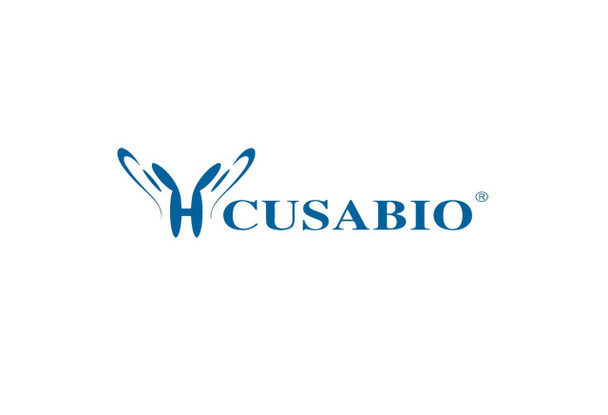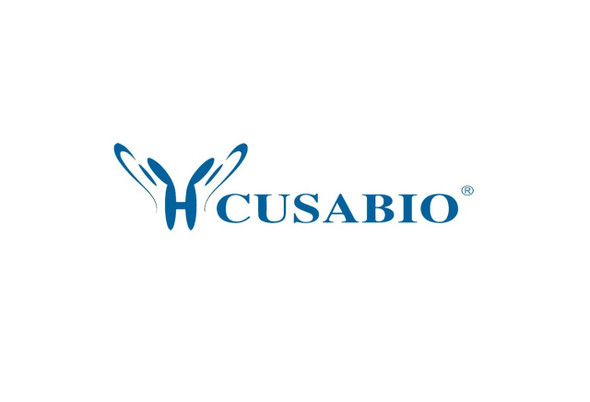Cusabio Active Proteins
Recombinant Human Transforming growth factor beta-2 proprotein (TGFB2), partial (Active) | CSB-AP003961HU
- SKU:
- CSB-AP003961HU
- Availability:
- 5 to 10 Working Days
Description
Recombinant Human Transforming growth factor beta-2 proprotein (TGFB2) ,partial (Active) | CSB-AP003961HU | Cusabio
Protein Description: Full Length of Mature Protein
Alternative Name (s) : Transforming growth factor beta-2;TGFB2;Polyergin;G-TSF;Glioblastoma-derived T-cell suppressor factor;Cetermin;BSC-1 cell growth inhibitor;TGF-beta-2
Gene Names: TGFB2
Research Areas: Cancer
Species: Homo sapiens (Human)
Source: Mammalian cell
Tag Info: Tag-Free
Expression Region: 303-414aa
Sequence Info: ALDAAYCFRNVQDNCCLRPLYIDFKRDLGWKWIHEPKGYNANFCAGACPYLWSSDTQHSRVLSLYNTINPEASASPCCVSQDLEPLTILYYIGKTPKIEQLSNMIVKSCKCS
Biological Activity: The ED50 as determined by its ability to inhibit the IL-4-dependent proliferation of TF-1 mouse T cells is less than 15 ng/ml.
MW: 12.7 kDa
Purity: Greater than 95% as determined by SDS-PAGE.
Endotoxin: Less than 1.0 EU/µg as determined by LAL method.
Relevance: Transforming growth factor beta-2 (TGF-β2) is a secreted protein which belongs to the TGF-beta family. It is known as a cytokine that performs many cellular functions and has a vital role during embryonic development. The precursor is cleaved into mature TGF-beta-2 and LAP, which remains non-covalently linked to mature TGF-beta-2 rendering it inactive. It is an extracellular glycosylated protein. It is known to suppress the effects of interleukin dependent T-cell tumors. Defects in TGFB2 may be a cause of non-syndromic aortic disease (NSAD) .
PubMed ID:
Notes: Repeated freezing and thawing is not recommended. Store working aliquots at 4℃ for up to one week.
Function: TGF-beta 2 has suppressive effects on interleukin-2 dependent T-cell growth.
Involvement in disease: Loeys-Dietz syndrome 4 (LDS4)
Subcellular Location: Secreted
Protein Families: TGF-beta family
Tissue Specificity:
Paythway: Hipposignalingpathway
Form: Lyophilized powder
Buffer: Lyophilized from a 0.2 μm Filtered 4 mM HCl
Reconstitution: We recommend that this vial be briefly centrifuged prior to opening to bring the contents to the bottom. Please reconstitute protein in deionized sterile water to a concentration of 0.1-1.0 mg/mL.We recommend to add 5-50% of glycerol (final concentration) and aliquot for long-term storage at -20℃/-80℃. Our default final concentration of glycerol is 50%. Customers could use it as reference.
Uniprot ID: P61812
Uniprot Entry Name:
HGNC Database Link: HGNC
UniGene Database Link: UniGene
KEGG Database Link: KEGG
STRING Database Link: N/A
OMIM Database Link: OMIM









